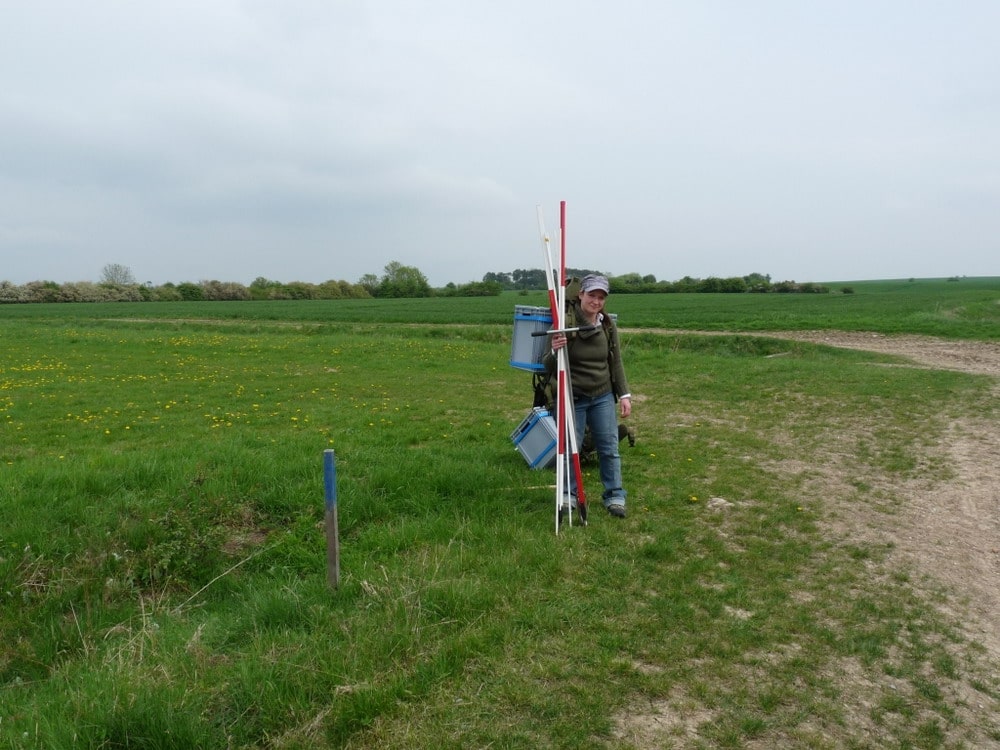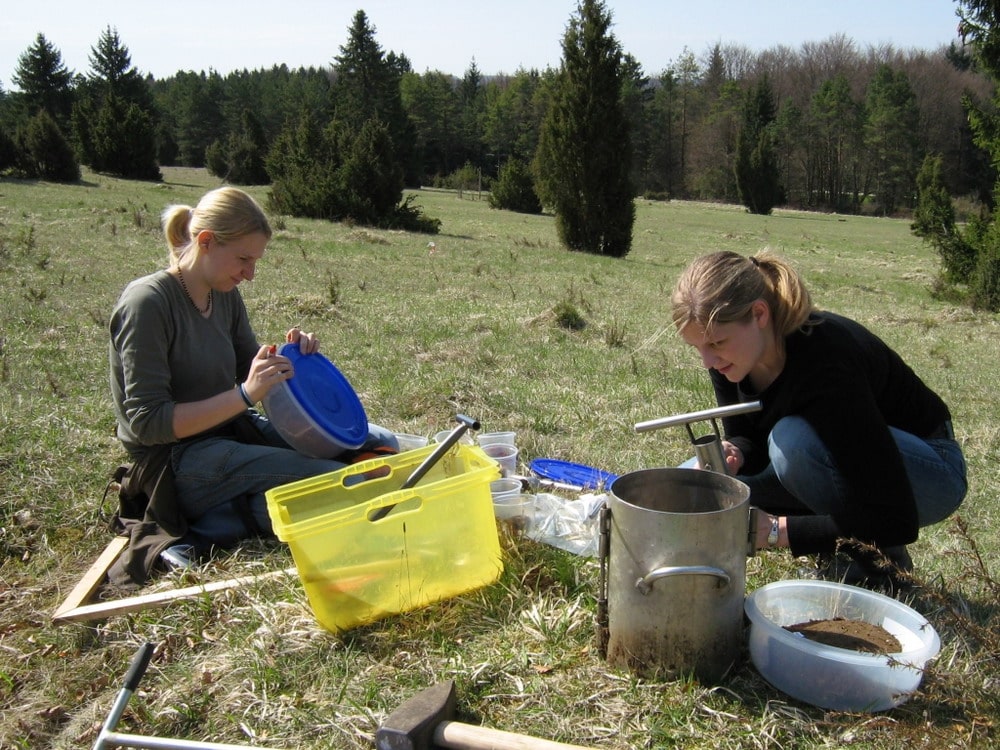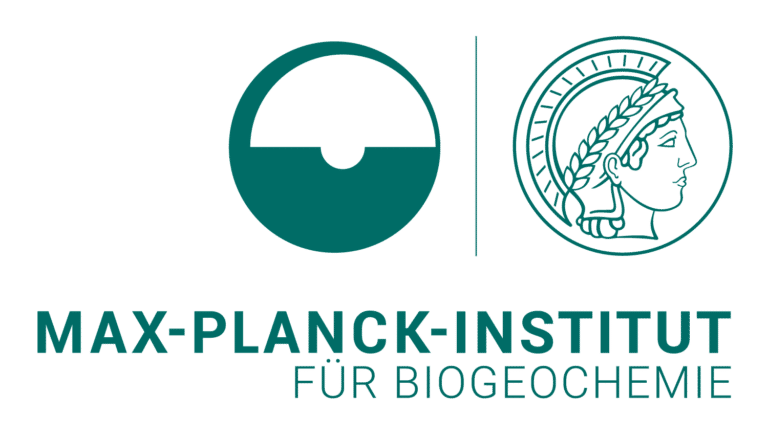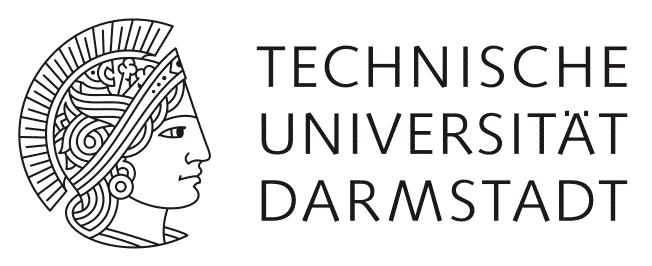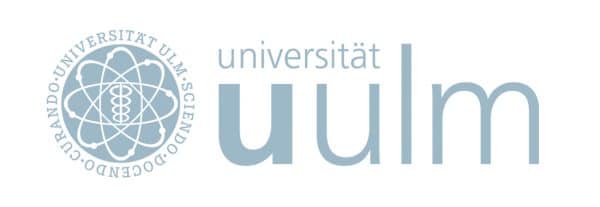Impact of land-use intensity and landscape structure on the biodiversity and functioning of soil food webs
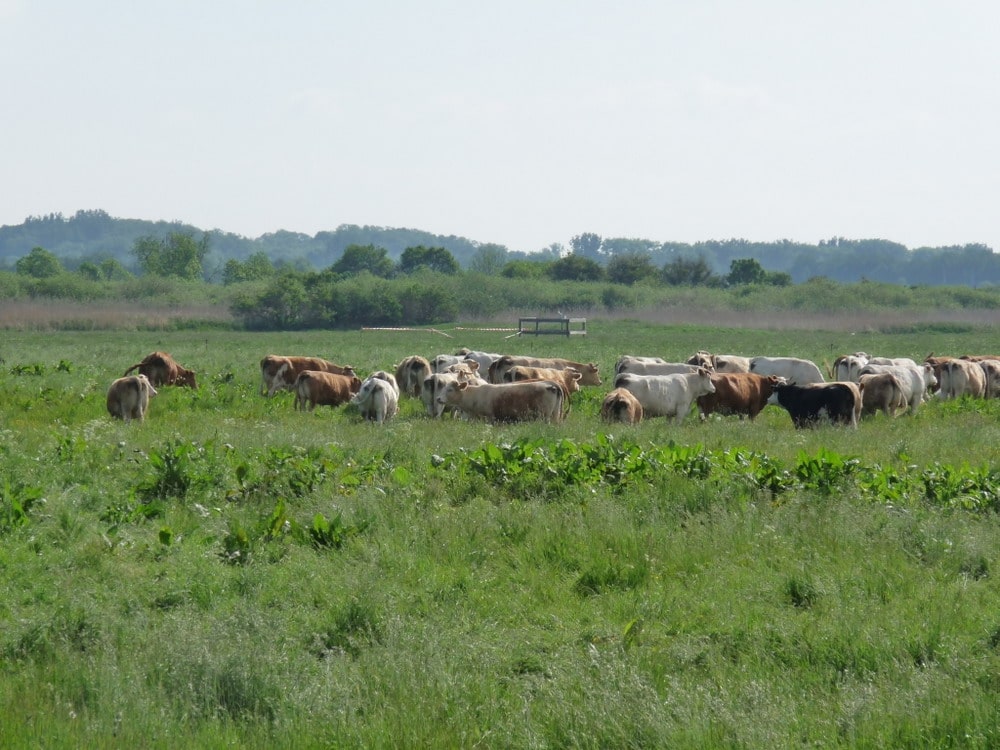
The soil fauna contributes significantly to different microbiological and chemical processes and is therefore tightly linked to other edaphic Organism groups (e.g. Fungi). Anthropogenous disturbances (e.g. fertilization) directly affect soil fauna, but may also alter interaction patterns between species, thereby changing their role for associated ecosystem functions. In addition to such direct effects of land-use, a significant contribution of the landscape context to community composition is most likely. Closing a serious gap in soil research the DFG Biodiversity Exploratories offer the unique possibility to study effects of the interaction between land-use intensity and landscape context on soil fauna. Such effects on Soil fauna communities may directly change the structure of soil food webs and thereby affect nutrient cycles, energy flows and decomposition processes in soils.
1. We expect to find species that take a key position in soil food webs across differently managed systems and thereby contribute disproportionately to ecosystem processes.
2. We hypothesize that land-use intensity will not affect the biodiversity of endogaeic soil taxa in a similar way, but that its effects will very much depend on the landscape context.
3. We further expect differential responses of the epigeic soil fauna to changes in land-use intensity that may be even stronger linked to landscape structures.
4. We hypothesize that the observed changes of soil animal communities affect soil-food-webs, thereby altering the role of species for ecosystem processes and functions.
